News
Deaf jurors supported by BSL interpreter for first time.
For the first time in England and Wales, deaf people have been able to fulfil their civic duty and serve on a jury, supported by British Sign Language (BSL) interpreters.
This summer, Karen – a volunteer at charity DeafCOG in London – became the first deaf person to complete jury service with a BSL interpreter at Croydon Crown Court, deliberating over a racially aggravated harassment case. Karen was also chosen by the other members of the jury to act as the jury foreperson – the spokesperson responsible for announcing the verdict.
This change in legislation, which allows BSL interpreters into the jury deliberation room, is expected to open up jury service to over 80,000 deaf people across England and Wales.
Speaking about her experiences in court, Karen said:
“My jury experience at Croydon Crown Court went smoothly and exceeded my expectations. The staff, from the jury manager, ushers, clerks and judges were extremely aware of the needs of myself and the BSL interpreting team. I was made to feel included every step of the way. An excellent and amazing opportunity for me and what a great start to leading the way for other Deaf jurors in the future, now that BSL is recognised as a language.”
Paul, another deaf juror who served on a serious sexual assault case at Norwich Crown Court over summer, said:
“Being on jury duty has been a dream of mine and I believe the Deaf/BSL community has so much to offer. When the law changed to allow the Deaf/BSL community to sit on a jury, and I received my summons, naturally I was excited but nervous as I did not know what to expect. Upon arriving at Norwich Crown Court, I was made to feel very welcome and there were three BSL interpreters ready. It was surreal experience and the whole process was streamlined and smooth. The training was clear and easy to follow, then the trial began, and I was amazed that I was treated equally to other jurors. This give me a sense of respect as the other jurors were keen to work with me and make me feel involved.”
David Buxton, British Deaf Association Chair, said:
“After decades of campaigning, the 87,000 Deaf people in the UK whose first or preferred language is BSL are now finally able to serve as jurors alongside their hearing fellow citizens. We are pleased that the Ministry of Justice has recognised that a BSL interpreter is there to support the Deaf juror, rather than to act as a thirteenth juror. Interpreters follow a strict professional Code of Conduct which prevents them from influencing the judicial process in any way. This represents a crucial and long overdue step forward in the equality, inclusion and participation of Deaf people in our democracy, combined with the BSL Act – which passed on the same day in April 2022 – recognising British Sign Language as a language of Great Britain in law for the first time. Barriers to Deaf people’s full democratic participation remain – we have yet to see the election of a Deaf MP – but we hope that this important step demonstrates the potentially huge contribution that the Deaf community in the UK can make to our society when reasonable adjustments such as BSL interpreters are provided as standard. We look forward to continue working with the Government to break down further unnecessary barriers and challenge discriminatory attitudes and practices in future.”
Mark Atkinson, Chief Executive at RNID, said:
“RNID and our supporters are delighted that deaf BSL users can now serve on juries and are no longer excluded from this act of citizenship. This move will allow tens of thousands of deaf people who use BSL as their first language to take part in jury service, a duty which all of us should have a responsibility to undertake. We are pleased to see another step forward towards inclusion for the Deaf community, yet there are still many barriers which exist for deaf BSL users in society. We’re pleased to see this positive step, and eagerly anticipate many more barriers being broken as Government works towards the delivery of the British Sign Language Act.”
